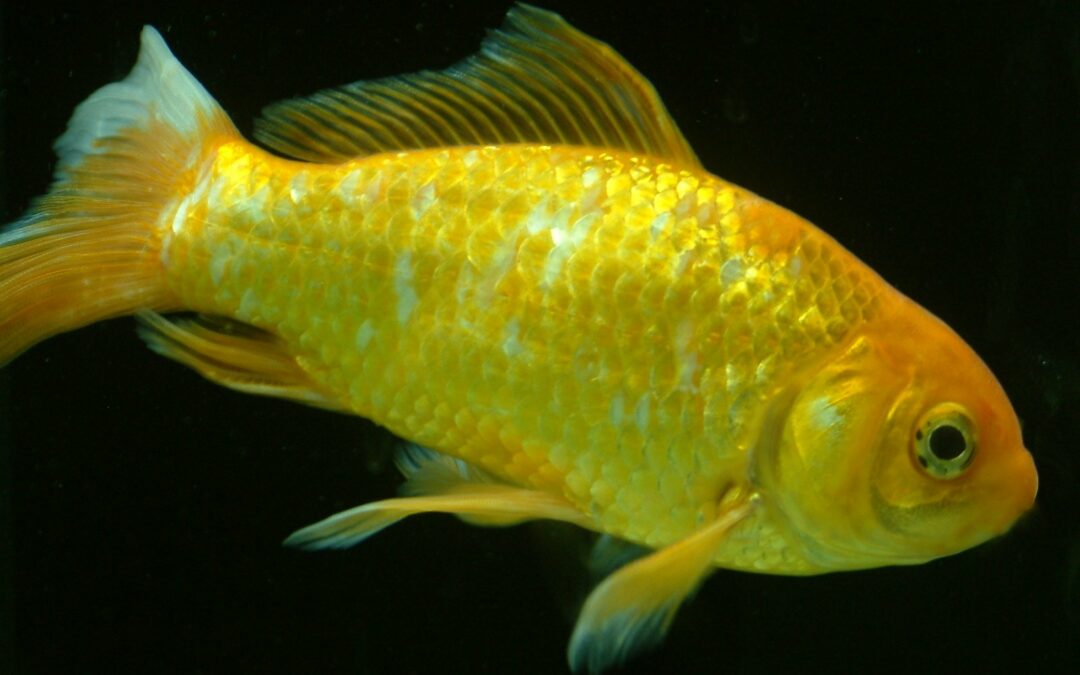A Time Management Article by Harold Taylor
In 2021, writer Jill Epstein said her readers do best with pieces that can be read in 4 minutes or less. When I started writing e-Books for Bookboon in 2012, the books averaged 50 pages or more. Now they’re closer to 40 pages or less. The publisher prefers them to be short enough to be read during a two-hour flight. And thanks to great customer service aboard most flights, including Internet service, interruptions are not foreign to airplanes.
Once the Internet was introduced into offices, and smartphones hit the market, concentration took a nosedive. I don’t think digital technology is the entire reason for our inattention, but it certainly is an enabler. With a smartphone, we can leave the office and take our interruptions with us. And if nobody wants to interrupt us, we can do quite well on our own by clicking sports scores, the weather, breaking news, social media, and whatever else pops into our minds as we travel, relax, eat, or play with the kids.
Yes, the illusion of multitasking also appeals to us, and it feeds our already weakened executive skills. There is simply so much information available today, thanks to the Internet, another enabler, combined with our fear of missing out on something, that we simply don’t have time to spend on any one thing. “FOMO,” the fear of missing out, is a more recently researched phenomenon akin to “keeping up with the Joneses” of my era.)
Problems caused by inattention, such as stress, decreased energy, missed opportunities, and lower productivity are our responsibility to solve. And we must do it without trying to change today’s digital environment because that simply won’t happen. What you see is what you get. You can only change yourself and the way that you manage in today’s environment. I will give you some suggestions in my next few blogs.
And don’t put too much value in Microsoft’s other report that the attention span of a goldfish is 9 seconds, making them superior to humans in that respect. If I had the limited access to information that goldfish have, I would lose interest after a second or two.
PS: I have kept this article to 431 words to accommodate your reduced attention span. And this includes the title.
Successful People Read. A Lot.
What do Warren Buffett, Mark Zuckerberg, Elon Musk and Oprah Winfrey have in common? They all read - a LOT! If you want to be successful you need to read. We have over 30 short ebooks designed to get you booked up fast!


